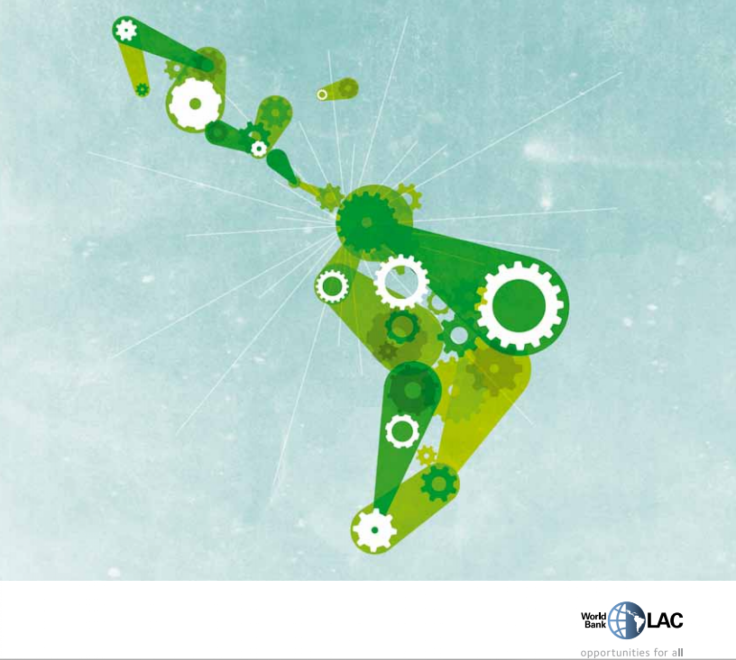Latin America Will Reach First World Economies in 2052; World Bank Says Inequality Is Biggest Obstacle

All studies show that Latin America has come a long way in economic growth and progress, but a new report by the World Bank advised that the region will not reach the level of stability of rich countries until 2052. Social inequality was mentioned as the main reason for the delay, and the report suggested several areas that could be improved to overcome that obstacle.
The report, entitled “Shifting Gears to Accelerate Shared Prosperity in Latin America and the Caribbean,” listed fiscal policies, transparency, institutional efficiency, market accessibility and risk management as the areas that needed work in order to accelerate the process.
“Latin America is two generations away from reaching the welfare system of the most developed nations in the OECD,” explained Louise Cord, director of the Gender and Development Group at the World Bank. She added that if governments do not take care of the deficiencies, the goal could be delayed another decade.
Latin America has made great strides towards reducing inequality, bringing their Gini coefficient -- which measures the difference between the highest and lowest income in a country – 4 points down in a scale of 100, from 54 to 50. And whereas this is a very positive change – the U.S. increased its inequality by 4 Gini points -- it is not enough: Europe’s average Gini index is 30.
“Since the year 2000 the poverty level has been reduced to half, and in 2011, for the very first time in the history of Latin America, middle class surpassed poverty numbers,” pointed out the report, specifying that of the 80 million people who live in poverty, half are in Brazil and Mexico.
The report outlined several measures that can be taken to slim down the difference, like changing the tax system to increase its earning and distribution capacity through sustainable fiscal policies or improving education and health systems. It also emphasized the need for a transparent administration and equal access to public institutions regardless of income, and reducing crime in cities.
Cord made a point of saying that the region needs to grow together. “The goal must be common to all countries, a circle that feeds itself, because without equality there is no development,” she said.
Follow me on Twitter: @PReyMallen
© Copyright IBTimes 2025. All rights reserved.





















